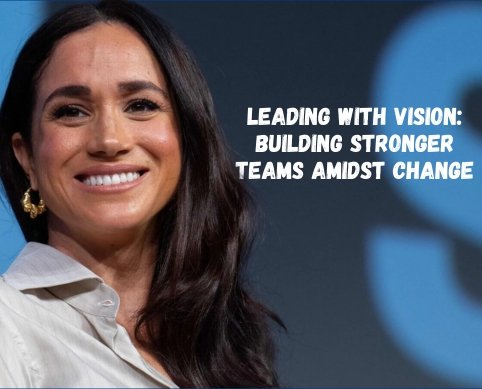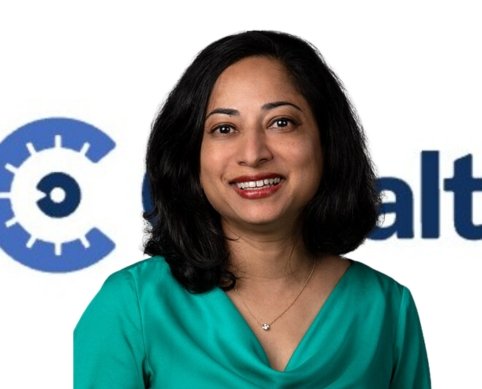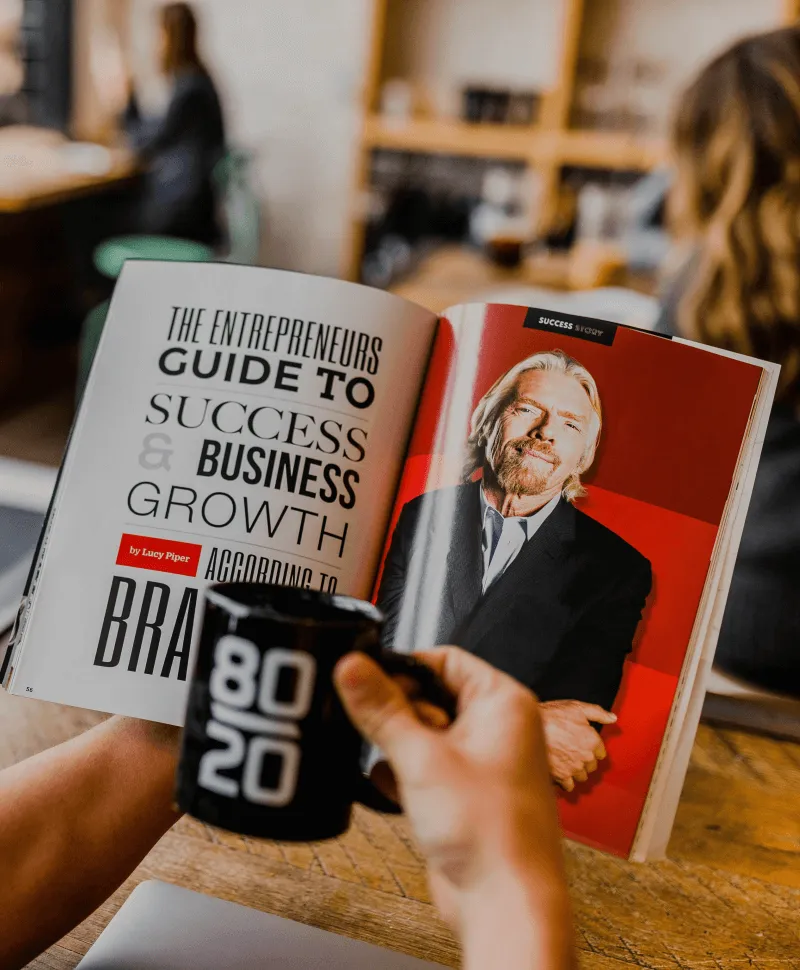Zepto secures an additional $340 million in funding from General Catalyst, Mars Growth, and Epiq Capital
Quick commerce company Zepto has secured an additional $340 million (Rs 2,850 crore) from new investors General Catalyst, Mars

Quick commerce company Zepto has secured an additional $340 million (Rs 2,850 crore) from new investors General Catalyst, Mars Growth Capital, Epiq Capital, and others, bringing the total funds raised in the last two months to $1 billion.
On August 12 Zepto finalized a $300 million funding round with Mars Growth joining. The Singapore-based private equity firm, co-managed by Japan’s Mitsubishi UFJ Financial Group and Israel’s Liquidity Group, invested in Zepto through its equity fund, Dragon Fund.
Following this investment, Zepto’s valuation has surged to $5 billion. Over the past year, the company’s valuation has increased 3.5 times, driven by the rapid growth of the quick-delivery sector and a significant influx of capital. In June, Zepto raised $665 million, reaching a post-money valuation of $3.6 billion. In August 2023, it became a unicorn after raising $200 million, which brought its valuation to $1.4 billion.
According to a statement from the business, previous investors StepStone, Lightspeed, DST Global, and Contrary also took part in the most recent fundraising round. DST Global is a shareholder in Swiggy as well, which operates the Instamart quick-commerce platform. Since receiving money in June, the three-year-old company has accelerated its growth against fierce competition from both established players and recent entrants in the booming quick-delivery market.
This week, Flipkart Minutes began launching its quick-commerce services in Mumbai and New Delhi following its launch in Bengaluru earlier this month. Meanwhile, Tata-owned BigBasket announced its transition to a full-scale quick model. In a market dominated by Swiggy Instamart, Zomato’s Blinkit, and Zepto, Amazon India plans to establish its own quick-delivery service in 2025.
Aadit Palicha, the CEO of Zepto, stated that he was “not worried” about any one player in particular because he believes that execution is what counts and that he is not concerned unless he sees a specific competitor performing the execution better.
By entering new markets and building more dark stores, or miniature warehouses, the corporation has been growing its operations.
“We will reach the 700 dark-store milestone and then reassess our dark-store expansion strategy. Our goal is to evaluate the profitability of these stores at that scale before deciding on the next steps,” Palicha said.
Currently, 400 dark businesses are open for business. As of June, 639 were on Blinkit. Zepto and Blinkit intend to reach 700 and 1,000 dark storefronts, respectively, by March 2025.
It has expanded to cities such as Nashik, Dehradun, Ahmedabad, Chandigarh, and Panvel, where demand has been strong, he mentioned.
“In Nashik, we reached 1,000 orders per day within six weeks of launching—tthat’s the fastest any new city has reached this milestone.”
The company is currently operating at an annualized gross sales run rate of $1.5 billion and aims to reach $3.5 billion in gross sales by December 2025.
According to Palicha, Zepto secured the new funding primarily due to two key reasons.
“First, the chance to bring in a lead investor like Neeraj Arora from General Catalyst was an opportunity we couldn’t miss. Second, strengthening our balance sheet is a strategic move, especially as the company continues to show strong growth and operating leverage,” he said in the press statement, adding that these recent investments reflect strong confidence in Zepto’s performance so far. “We understand that there’s still a lot of work ahead to achieve our goal of building a world-class internet company out of India.”
Arora joined General Catalyst after the Silicon Valley fund bought his homegrown early-stage fund, Venture Highway, in June. Arora was previously the chief business officer at WhatsApp. Following this funding, he will be joining the Zepto board.
“After Venture Highway and General Catalyst merged, this is one of our first investments in India. We are excited to work with Zepto and think their fast commerce strategy is paving the way for successful e-commerce in India and abroad,” Arora stated.
Aakash Tulsani, Managing Director at Dragon Fund, stated that quick commerce meets the convenience, variety, and value demands of urban India, which he described as a “massive opportunity.”
Battle ahead
Quick Commerce, which initially began as a grocery delivery service, has rapidly expanded into several categories over the year, with platforms now offering at least 10,000 items or stock-keeping units (SKUs). As the festive season approaches, these platforms are further increasing their inventory, aiming to reach 20,000-25,000 SKUs available for quick delivery.
On August 1, Blinkit CEO Albinder Dhindsa noted that over the past eight quarters, the product selection available to customers had grown four to five times, with some neighborhoods offering as many as 25,000 SKUs.
Flipkart, through its service called Minutes, is offering a wide range of items traditionally sold by e-commerce marketplaces, including smartphones, laptops, and other electronics.
Elara Capital mentioned in a note earlier this week that quick commerce could account for 40-50% of e-commerce in certain categories over the next three years, up from the current 10-15% of the total e-commerce segment.
A recent report by Nomura projects that the quick-commerce sector is expected to achieve 100–110% year-on-year growth in gross order value by FY26, driven by significant additions of dark stores by industry players.





